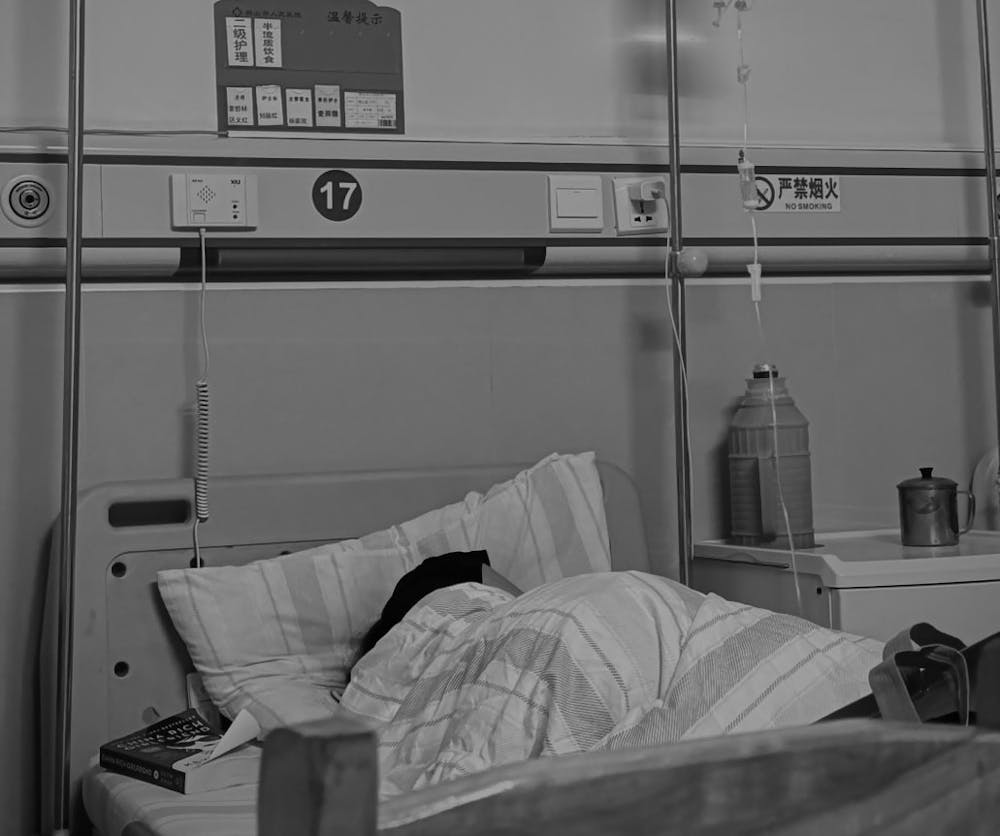
Two weeks into starting college, I joined my first lab, a number of student clubs and enrolled in many pre-med classes. As a first generation student, it was safe to say I was led in a blind eye, never knowing which step was the right one. As long as I moved forward and kept on doing what I was doing, that was all that mattered.
This fall commenced two full years of my research experiences at Hopkins, having the immense privilege to be mentored by physicians and expanding vastly on my clinical and medical knowledge. It has been the largest blessing and an opportunity I never take for granted.
From not even knowing what radiation oncology was to presenting my published research at the largest national radiation oncology conference, I admit I’ve come a long way. However, accomplishments aside, I’ve also spent most of my Friday nights and weekends chart-reviewing my first two years of college. It’s only through my roommate where I get caught up on the latest news on frat parties. But as my high school chemistry teacher Mr. Adams famously said: Hard work plus sacrifice equals success. His words have lived with me for years as I often remind myself of my motivation.
But in thinking, has sacrificing much of my free time and working hard led me to more than just material success? When I am not working hard, does this make me an unsuccessful person?
This summer, I spent a week in my hometown in China. I was at the very tail end of my research, only having a few more patients to go and I was the most determined I had ever been to finish my project completely. I wanted so badly to prove my worth — that I was in fact capable of starting and finishing a project on my own.
My godmother came to visit me during this time — unsurprisingly, as she hadn’t seen me in six months. Yet, instead of giving her my undivided attention, I merely stepped aside from my computer to greet her and continued to read my notes as she talked. It didn’t matter to me how much time I needed to spend if it meant I was able to do a good job. I used jet lag as an excuse to stay up, stopping only to eat and take necessary breaks. Sometime throughout, though, I had started to feel sick. But instead of letting myself rest, I became angry for being an impediment to my own progress. I was almost — just almost — there.
The next day, I found myself weakly lying in my own hospital bed. I had developed the stomach flu without knowing, as I had marginally ignored all my symptoms, including the fact that I was projectile vomiting in between my work sessions. All night long, nurses were checking in and switching out my IV fluids, which led me to think of whether people would truly remember me for how hard I worked or really, instead, my character and the values that I hold true to myself. Neglecting myself had only resulted in me falling acutely ill, yet not a single person on the other side of the screen had known or would know, had I not spoken up.
Outside of being a research assistant and student, I realized I was a person, a friend who deeply cared and a jiejie — older sister — who loved fiercely. I realized, above all, people remembered me for who I was, not what I was. Life changes constantly. It is easy to be engulfed by our work, but it is just as easy to lose yourself. Find purpose and meaning not by the material of your work but by the intention behind it. Work that can be done by you can also just as easily be done by others.
Remind yourself daily of the people you are surrounded by and the privilege it is to be in good health. As I have learned myself, trying your personal best without spreading yourself too thin is the ultimate key to success. While Mr. Adams’ quote is a good one, sacrifice some things but never yourself.
Show up for others just as much as you should show up for yourself. You can work hard, take care of yourself and still be successful. Success comes in many forms — it’s up to you on how you decide that to be.
Anne Li is a junior from Brooklyn, N.Y. majoring in Neuroscience. She is a Social Media Manager for The News-Letter.





